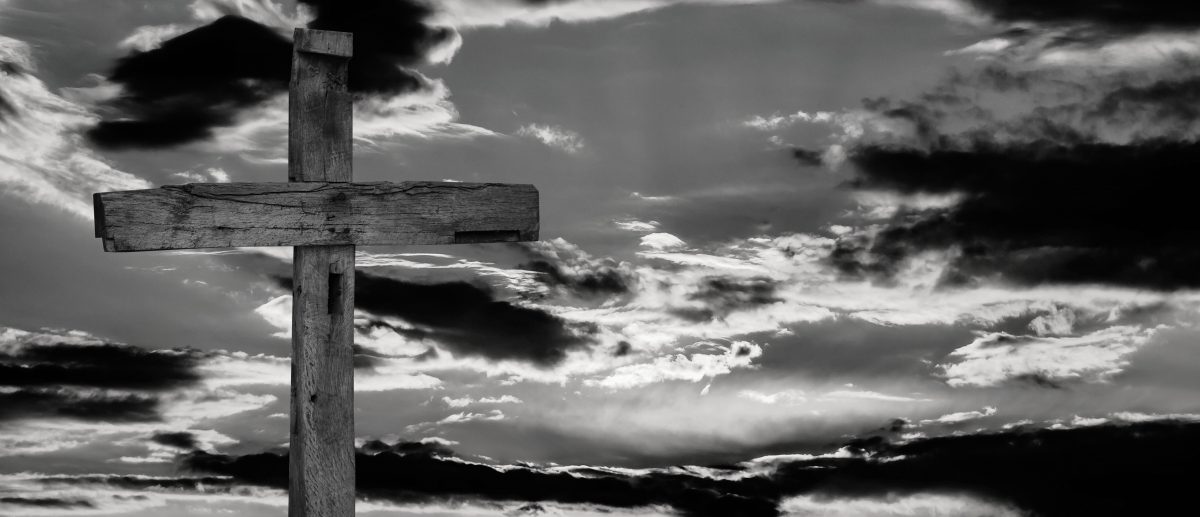Weekly Impact is written for leaders by our former Executive Director, Garth Jestley, who has decades of experience in senior leadership roles in the financial services sector. Each week he will share insights on life, leadership and faith.
“It took just three minutes for officials in Hawaii to realize that the text alert warning residents of an incoming missile strike had been sent in error. There was no missile.” ~Rob Crilly (National Post, January 15, 2018)
“Brief and powerless is man’s life; on him and all his race the slow, sure doom falls pitiless and dark.” ~Bertrand Russell
“I look forward to death with great anticipation, to meeting God face to face.” ~Billy Graham
How would you respond if you just learned of an imminent nuclear missile strike? What emotions would you experience? What actions would you take? There is nothing like impending disaster to focus the mind. Fortunately, the odds of these kinds of occurrences in 2018 are so very low (at least in Canada) that most of us don’t think about them.
The foregoing scenario begs a profound question. When facing the end, do I have any hope? In noting the brevity of life, the late Bertrand Russell agreed with the biblical perspective. Indeed, in the context of eternity, one human lifetime is infinitesimal. However, since Russell was an avowed atheist, he had no hope beyond this life. Given his worldview, he logically equated death (like an inbound missile) with doom.
By contrast, Billy Graham, who died this past February, expressed the wonderful hope of meeting God face to face. I am reminded of the time almost seven years ago when my respirologist said, “You have lung cancer.” At that moment, a peace filled my heart that crowded out fear. Why? Because I have hope beyond this life. Of course, skeptics – including, I assume, Russell – are quick to point out that hope in the afterlife is simply a coping mechanism to avoid facing reality.
I have hope beyond this life. Hope anchored on solid, objective evidence, not wishful thinking.
According to the Oxford dictionaries, one definition of hope is “grounds for believing that something good may happen.” This type of hope is not uncommon in business. During my time leading a private equity operation, we typically reviewed 200 plus investment opportunities each year. Since many of the business plans incorporated high levels of wishful thinking, the introductory meetings were often brief!
On one occasion, I noted that the entrepreneur’s company had never generated positive operating cash flow since it was launched. The founder had, however, succeeded in separating successive waves of investors from their money. In answer to my question as to how he had achieved this feat, he simply said, “Would you want to leave five minutes before the miracle!”
That pitch didn’t work with us! Based upon his track record, we quickly concluded that the hope he held out was based upon wishful thinking unsupported by sound analysis.
As Jesus’s followers, our hope is a joyous eternity in the presence of God. Are we engaging in wishful thinking? Do we have grounds for believing this will happen? Based upon the words and actions of Jesus, we do! Jesus is the only person who ever died for me and validated my hope by overcoming death. Rather than being based upon wishful thinking, my hope is anchored on solid, objective evidence.
Do you have any hope? I encourage you to join a professional peer group to explore this and other big questions.
Garth Jestley is a husband, father, grandfather, leader and business executive. Most importantly, he is a follower of Jesus Christ.
